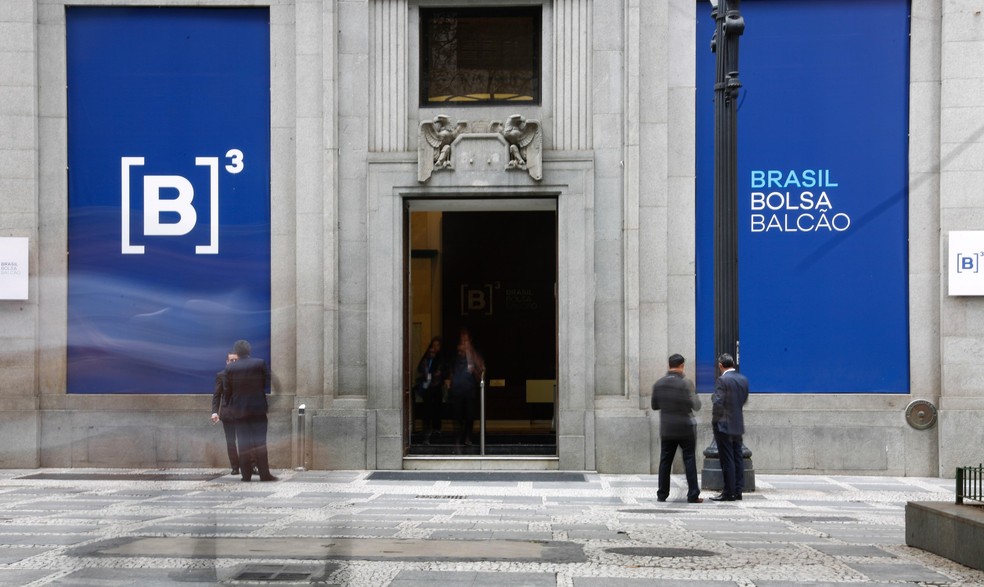RIO DE JANEIRO, BRAZIL – The image of the millionaire who “bets” exorbitant amounts in the financial market can’t be further from the reality of the new investor profile at B3, the Brazilian stock exchange. With the reduction in the average age of individuals with accounts at the Exchange, the small investor has come to dominate. Today, 56% of B3’s clients have a monthly income of up to R$5,000 (US$940) and only invest R$50 in the first investment in their portfolios.
As the new profile brings together people for whom the money lost in a moment of market downturn can be very much missed, the president of the Brazilian Association of Financial Educators (Abefin), Reinaldo Domingos, makes an alert about the need for portfolio diversification between fixed and variable income options. “Investors need to separate only the resources they know they won’t need and understand their short, medium, and long-term goals,” says the specialist.
Because in addition to the incentive coming from banks and brokerage houses, many content producers about variable income are already capitalizing on the niche of young investors. B3’s director responsible for client and individual investor relations, Felipe Paiva, explains that the Exchange is aware of this movement – and has tried to clarify the rules of investment. “Many are investing to learn. The idea is to show that this is a long-term investment and not a 100-meter race,” he says.

That is why many people prefer to test investing in stocks little by little. It is the case of university professor Jéssica Silva, 31, who made her debut in the B3 a year ago with a monthly investment of around R$600.
Jéssica hired an investment advisor because of her lack of experience. “My advisor is there to guide me when deciding which company to invest in. He tells me the stock code, and I make the purchase”, she explains.
COMPLAINTS
There is also the fact that not everyone is aware of the market rules. Among the main doubts about charges on the purchase of shares are the brokerage fee – a practice already almost extinct in Brazil – and the cost of securities custody.
Another mechanism that has led investors to make a formal request for reimbursement is compulsory liquidation. Little known among beginners in the world of stocks, this mechanism allows brokers to zero out clients’ positions when a certain level of losses is reached.
The order to close the trade is automatic and can be costly. “The number of people in the market has grown a lot – and the process of communicating this mechanism is not trivial,” says André Demarco, director of self-regulation at BSM Market Supervision.
GOODBYE
Faced with the risks and rules, some people decide to return to fixed income. It is the case of student Yuri Modesto, 22, who even opened an account at B3, but gave up the idea three months later. “I didn’t want to continue because of the Income Tax issue and because I have no notion about how external factors, such as politics, can influence the results (of the shares),” he says.
BRAZIL GAINED 2 MILLION NEW STOCK INVESTORS IN 12 MONTHS
The Brazilian stock market has just reached the mark of 5 million investors, with more than 2 million buying their first stock in the last 12 months. Ignoring the rise in interest rates, which has just returned to the double-digit level, the growth of individuals in B3 remained robust. The expectation is that the pace of increase will be maintained. “There used to be the talk of a war between equities and fixed income. This doesn’t exist,” says Felipe Paiva, director of B3.
The average monthly growth of total investors has been around 4%, but an extra boost was registered with Nubank’s IPO, which took place simultaneously in São Paulo and New York, bringing more than 700,000 new buyers to B3. According to the Exchange, even with the market volatility at the end of last year and the upward cycle, the retention rate of this public has been high: of those who arrive, 80% invest in stocks for an extended period.

